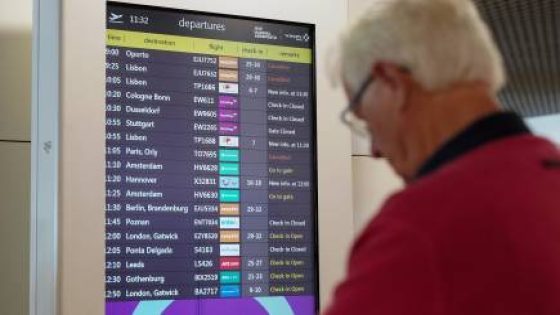On February 6, 2025, Belgian politicians debated the effectiveness of lengthy parliamentary sessions. Is there value in marathon debates that stretch into the night? While some lawmakers find them necessary, others argue they hinder quality discussions.
- Lack of sleep affects discussion quality.
- Work method criticized for inefficiency.
- Support for parliamentary democracy emphasized.
- Prolonged sessions deemed outdated by politicians.
- Repetitive questions prolong debate duration.
Are Long Parliamentary Debates Effective for Democracy in Belgium?
Do extended debates truly enhance democratic processes? Many Belgian politicians are voicing concerns about the impact of sleepless nights on debate quality. Raoul Hedebouw from PVDA admits that while discussions can be engaging, the lack of sleep makes it hard to maintain focus.
What Are Politicians Saying About All-Night Debates?
The opinions among lawmakers vary widely regarding overnight parliamentary sessions. Some believe these long hours contribute positively to democracy, while others feel they are outdated and counterproductive.
The Case Against Marathon Sessions
Critics like Matti Vandemaele from Groen argue that such methods compromise debate quality. They suggest shorter sessions could yield better outcomes without sacrificing important discussions.
- Lack of sleep affects lawmakers’ performance.
- Repetitive questions prolong debates unnecessarily.
- A more structured schedule could enhance efficiency.
- Night breaks may improve focus for morning discussions.
The Benefits of Extended Discussions
Despite criticisms, some politicians defend marathon debates as vital for thorough deliberation on complex issues. Vincent Van Peteghem from CD&V emphasizes their importance but acknowledges room for improvement in organization.
A Possible Compromise: Shorter Sessions with Breaks
A middle ground may exist where lawmakers can engage deeply without exhausting themselves. Katja Gabriëls from Open VLD suggests scheduled breaks during long sessions to refresh minds and foster better dialogue.
This ongoing discussion reflects a broader trend seen globally—how best to balance thorough governance with efficient time management. What do you think is the right approach?






























